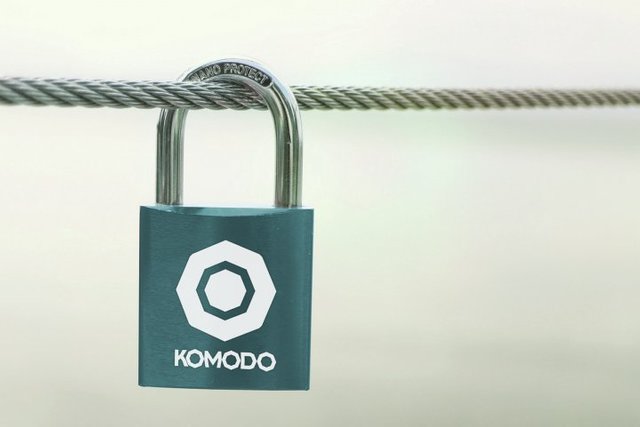Blockchain Security - The Role Of A Notary Node

One misunderstood thing about delayed Proof of Work (dPoW) is the role of its notary nodes. Let's set the record straight: notary nodes cannot destroy or abuse the overall network under any scenario.
Even if all the Notary Nodes colluded, the worst they could do is stop notarizing Komodo hashes into the Bitcoin blockchain. Then we would, of course, lose the Bitcoin protection, and Komodo would have to rely exclusively on the non-notary (i.e. standard) nodes, and our network would be as secure as the mining power which those nodes represented.
Within the Komodo protocol we have something called 'round robin' mining, which means that each notary node can mine in its turn. This mining technology was improved during the Komodo development. When jl777 first coded the 'round robin' mining, it went in turns, and the blocks were mined in a strict order. However, the problem was that all notary nodes had to be always mining. Since then the algorithm has been changed to allow any notary node to be able to mine a block with an easier difficulty if it has not mined a block during the last 65 blocks. Technically it is therefore no longer 'round robin,' but the name stuck, and that is what we still call it.
Another aspect of Komodo which is not widely known is the ‘63 block streak’, which happens every 2000th block. That means that the notary nodes are not able to mine those blocks with an easier difficulty, and so they are for anyone to grab. During the development, we had a 'difficulty explosion,' which is the reason for these 63 blocks. These free-for-all blocks calibrate the mining difficulty, and thus we can ensure that the difficulty stays on a mineable level.
So what if the normal nodes try to conduct a 51% mining attack? It won't work because the notary nodes can mine most of the blocks. Here is what jl777 said about the issue:
...it also makes any 51% mining attack quite unlikely as the more external mining there is, the more effective mining the notary nodes get, but the notary nodes don’t incur any costs. It will be quite difficult to dominate 51% of mining power when 97% of blocks are able to be mined at an easy difficulty.
However, people are more concerned about mining attacks by colluding notary nodes. The notary nodes are mining the majority of the blocks, but they still don't have a majority of the mining power. They are just able to mine some blocks with an easier difficulty, and thus they can find a block without too much effort. Furthermore, an invalid block would be rejected by all the nodes regardless of how much mining power any colluding nodes would have. All nodes must validate all the blocks, and an invalid block will get rejected by them all.
Without the proper privatekeys, a miner cannot steal other people's money or include any invalid information in a block. Furthermore, nodes can only include validly signed transactions, so the worst they can do is ignore a transaction. However, the transaction would be included in some future block by an honest node.
Any attempt to double spend is avoided by waiting for a notarization as the notarization will select only one of the conflicting spends. Only valid blocks can be notarized, and after that they cannot be reorganized. When dealing with large transactions, it is thus recommended to wait until the transaction has been notarized into the Bitcoin blockchain.
In conclusion, the only thing the notary nodes could do is prevent the notarization of Komodo hashes. If they were to try to notarize invalid hashes, they would get ignored by the normal nodes.